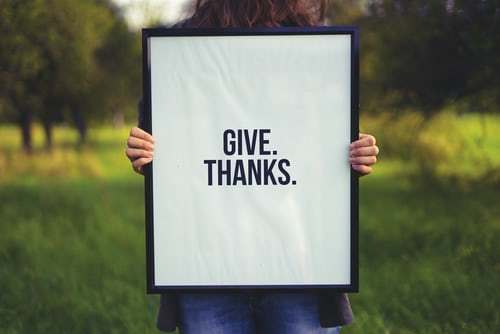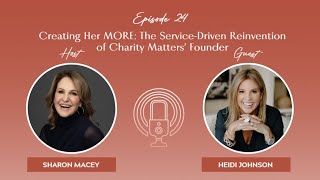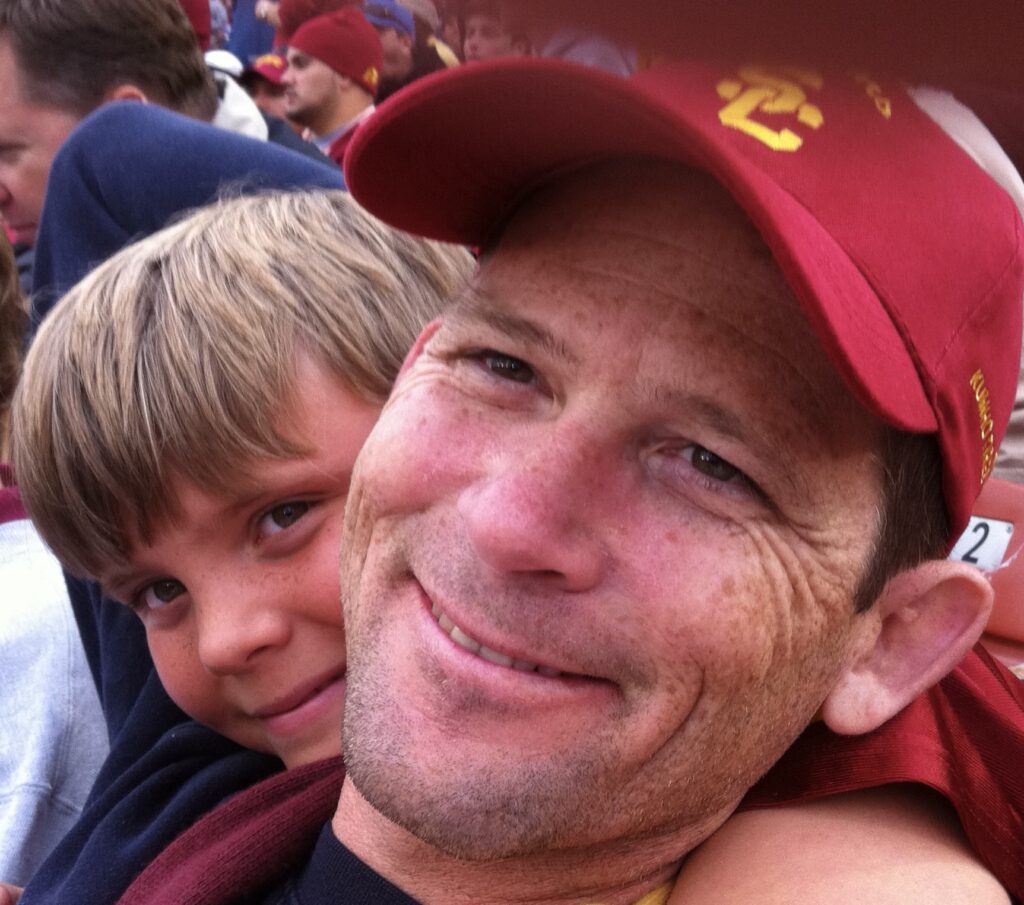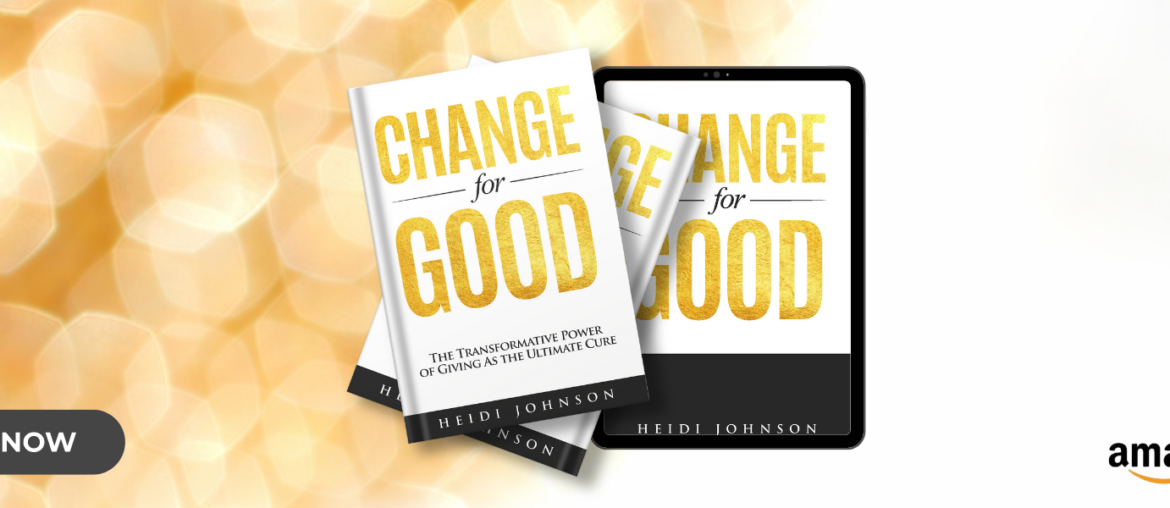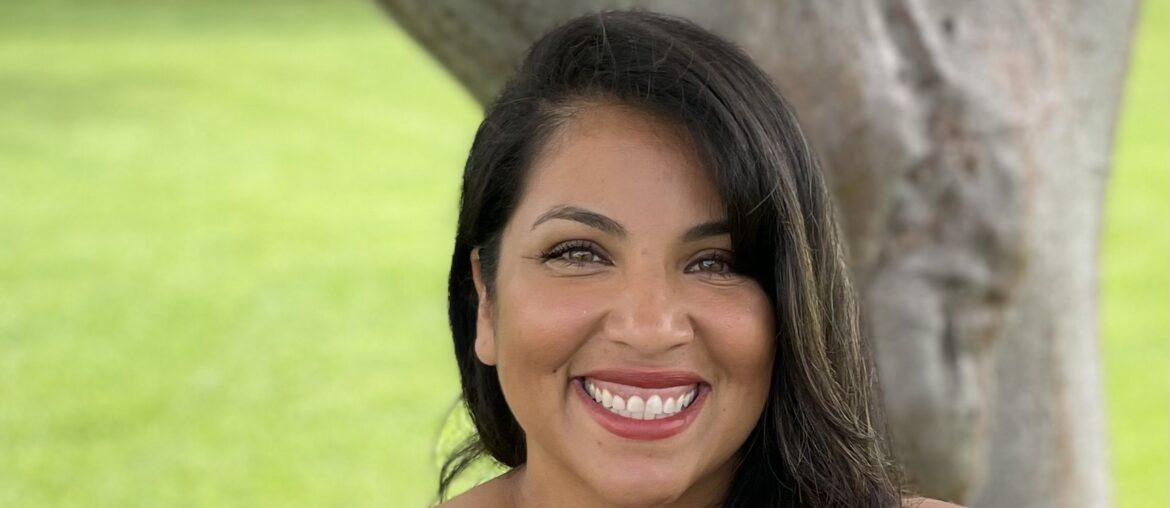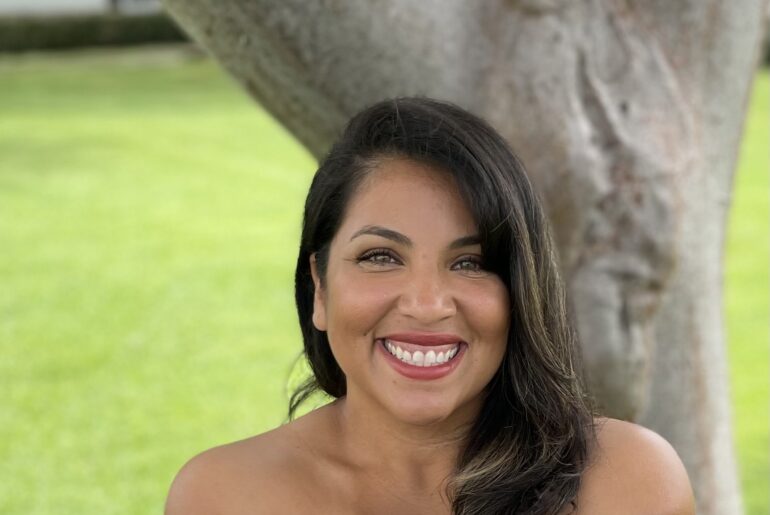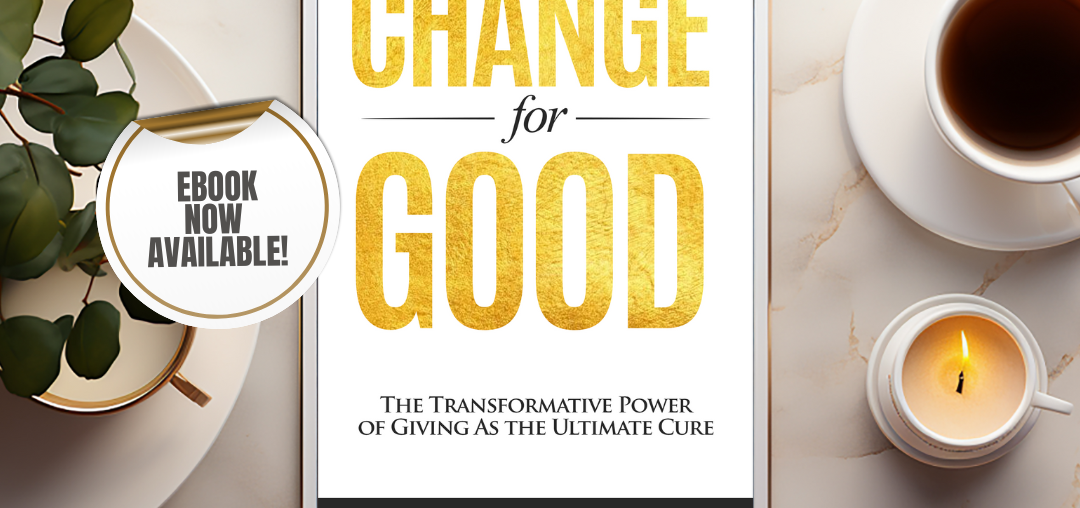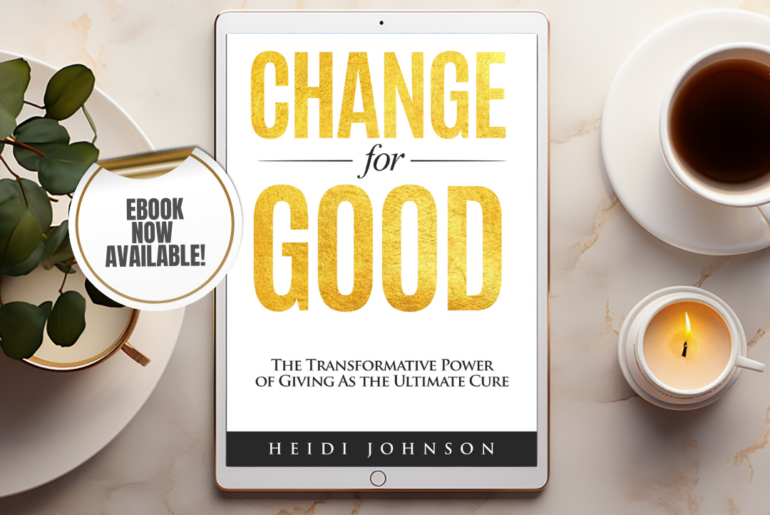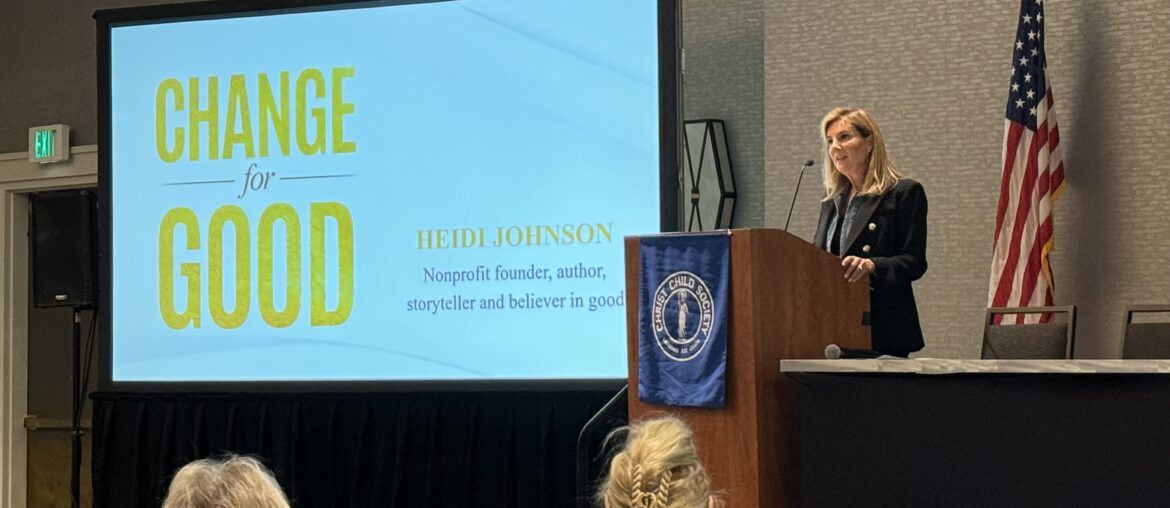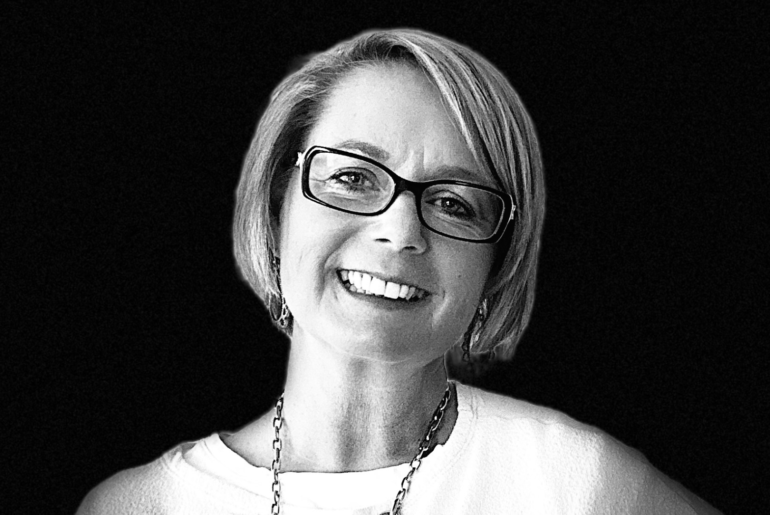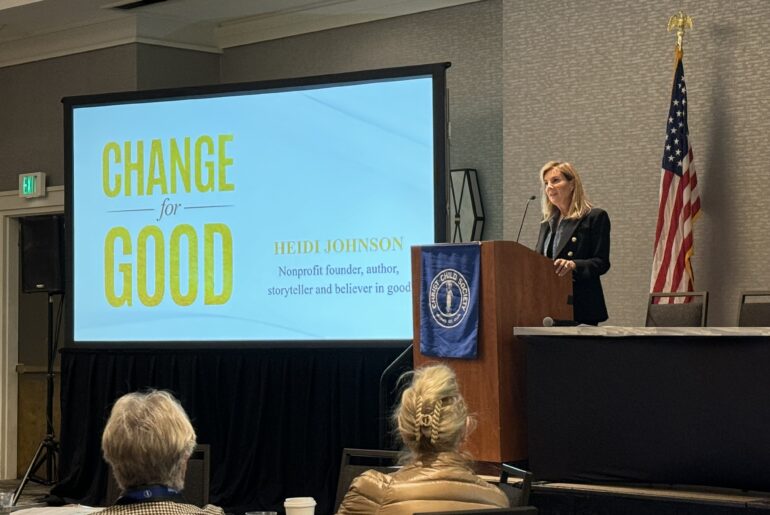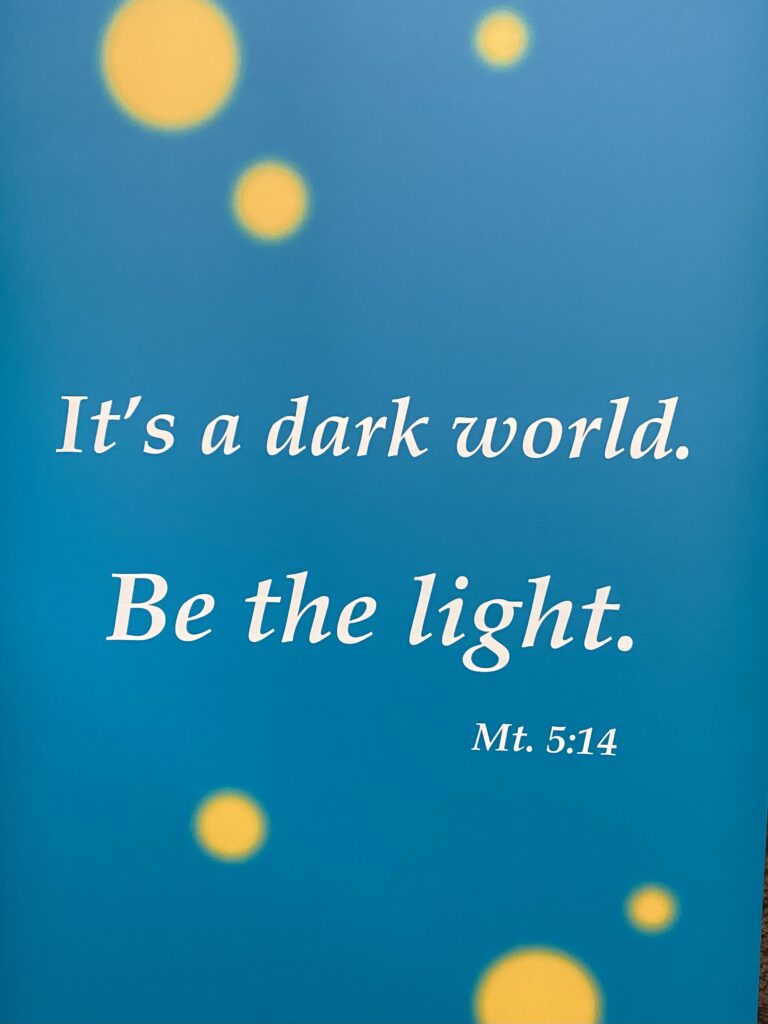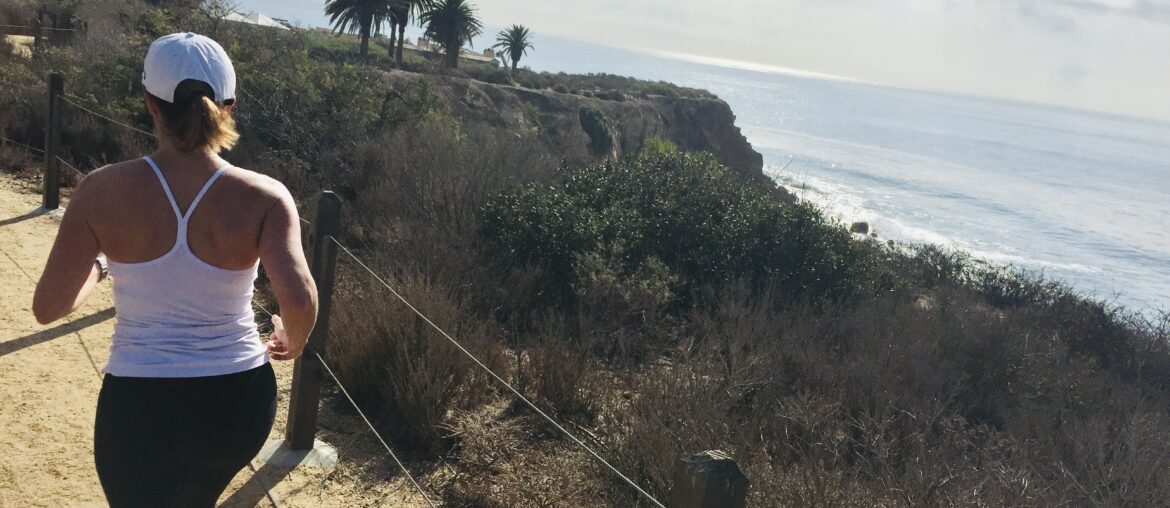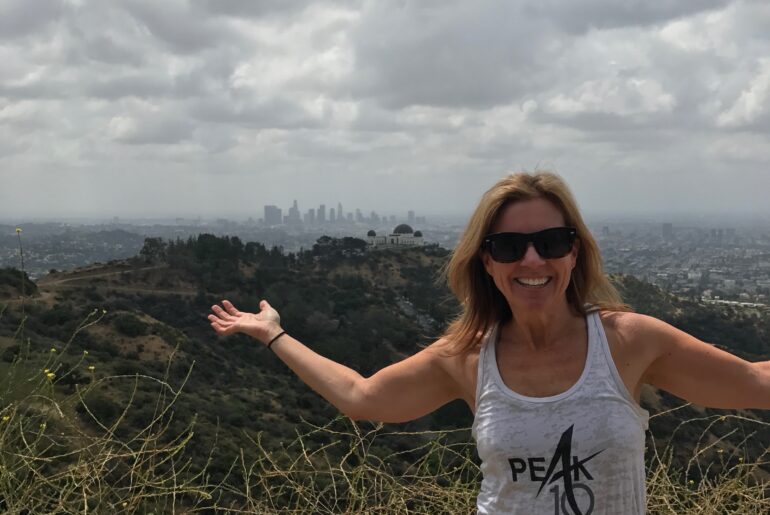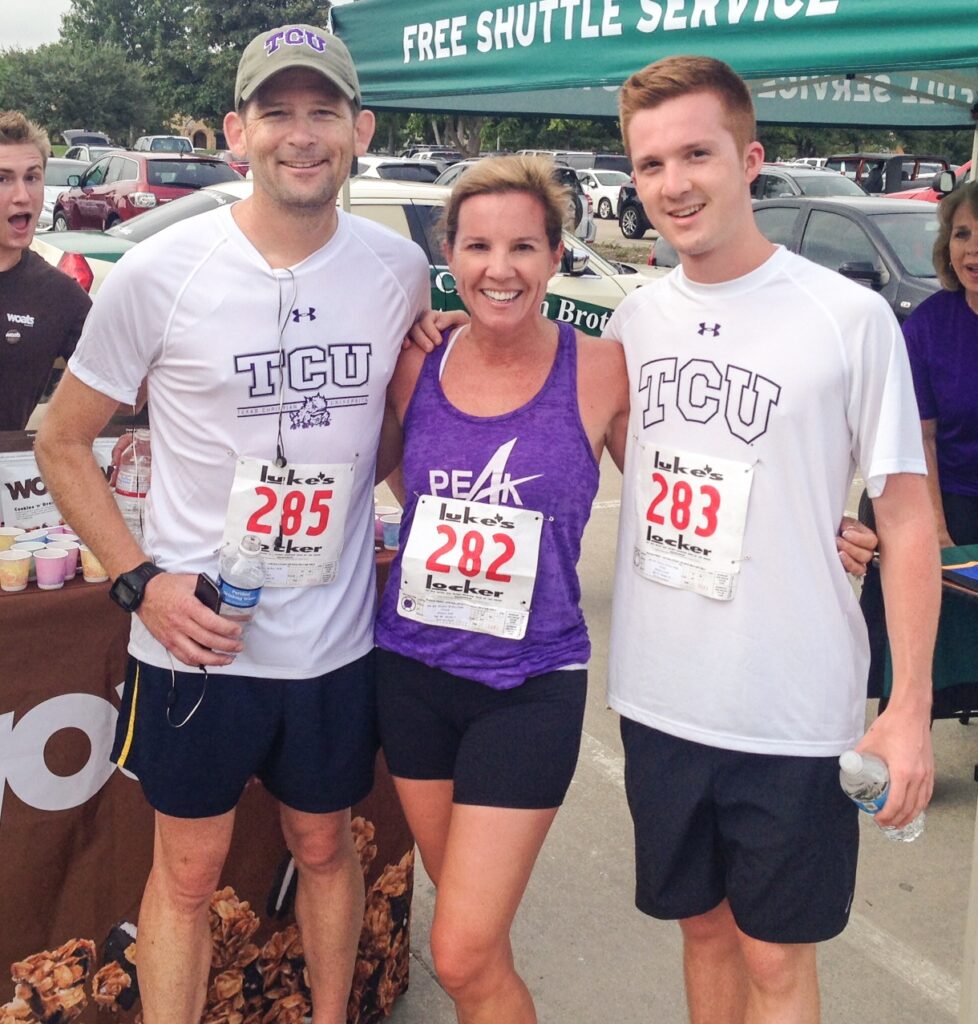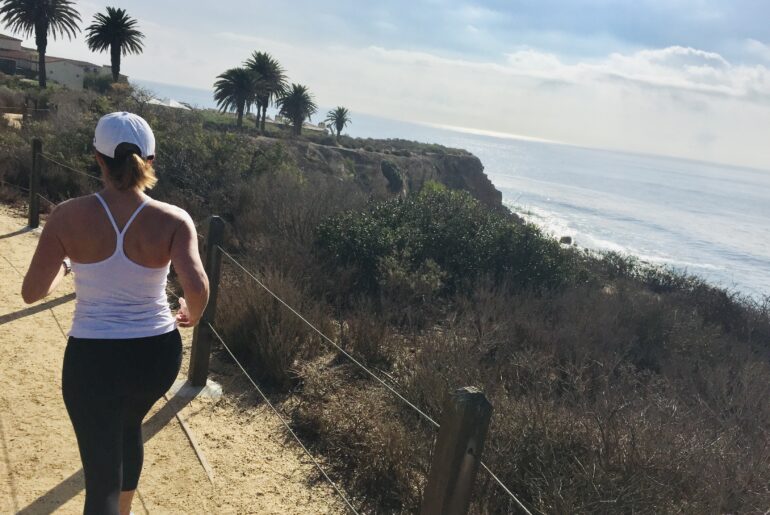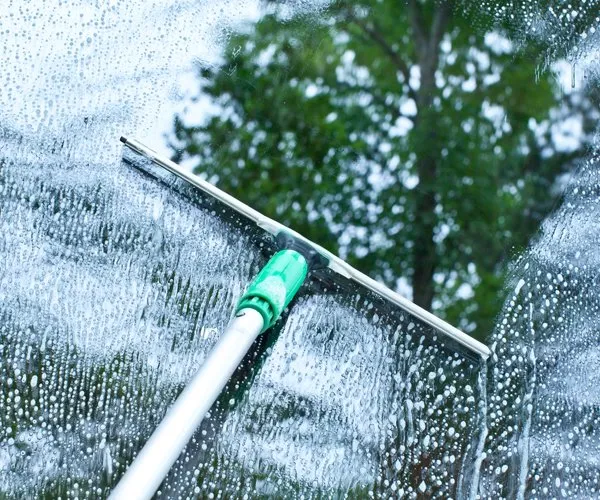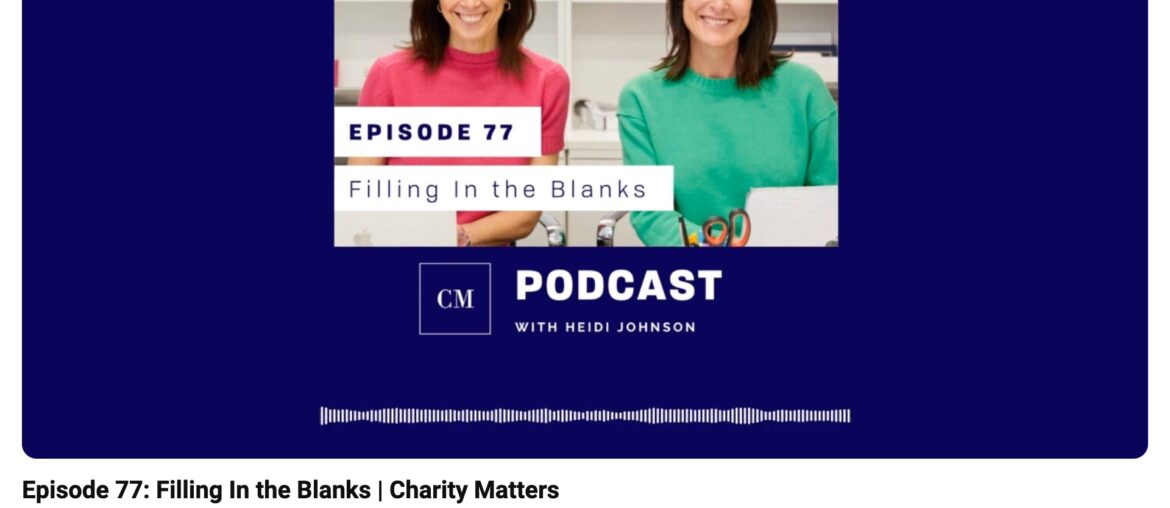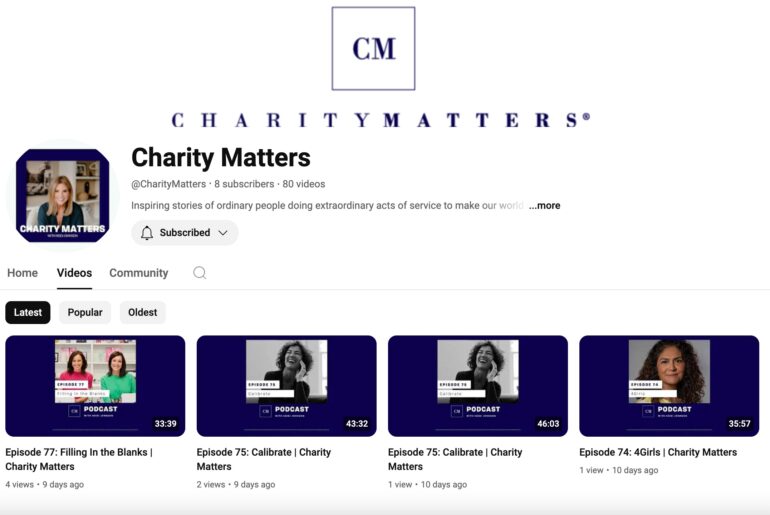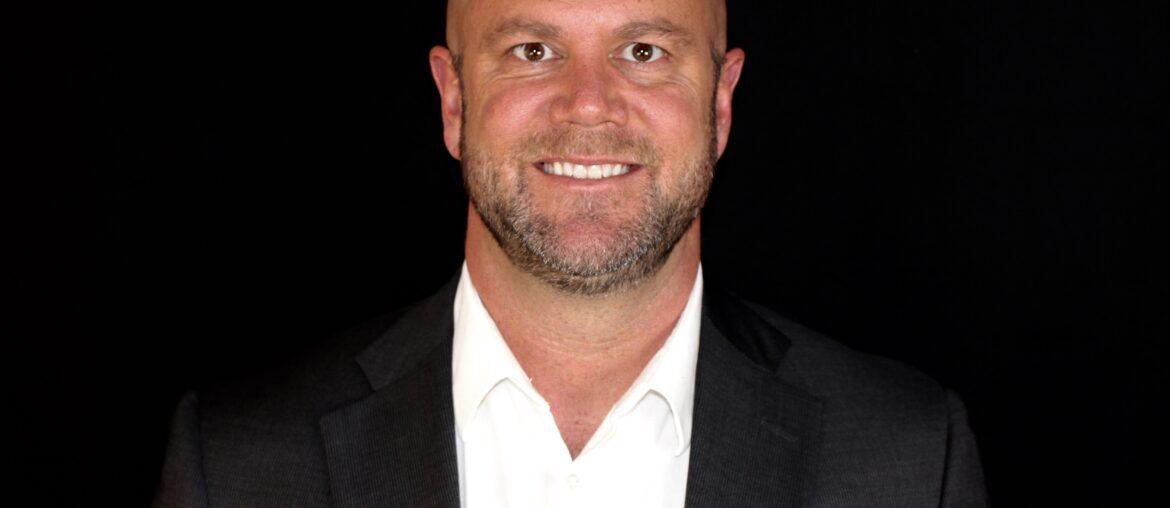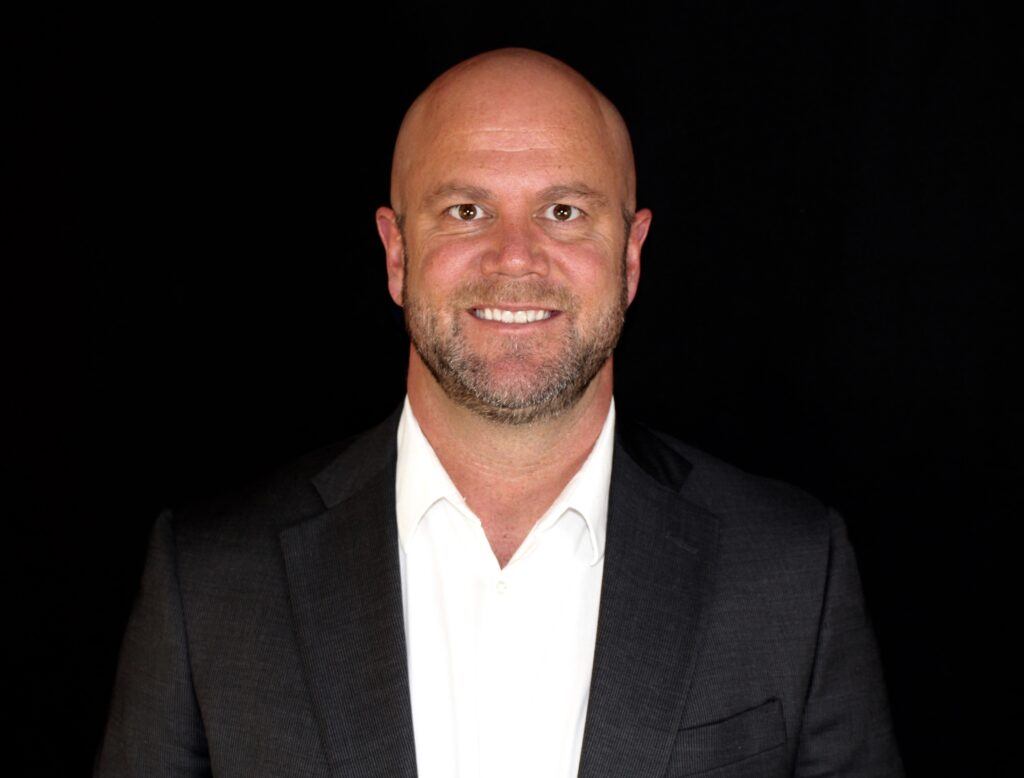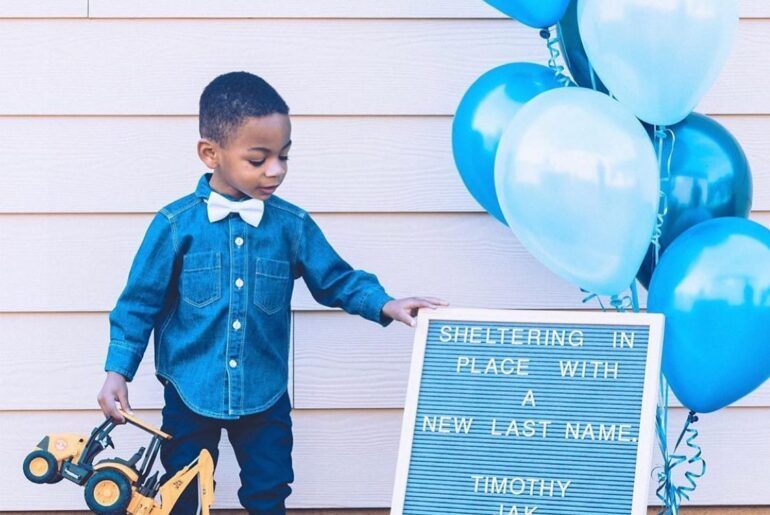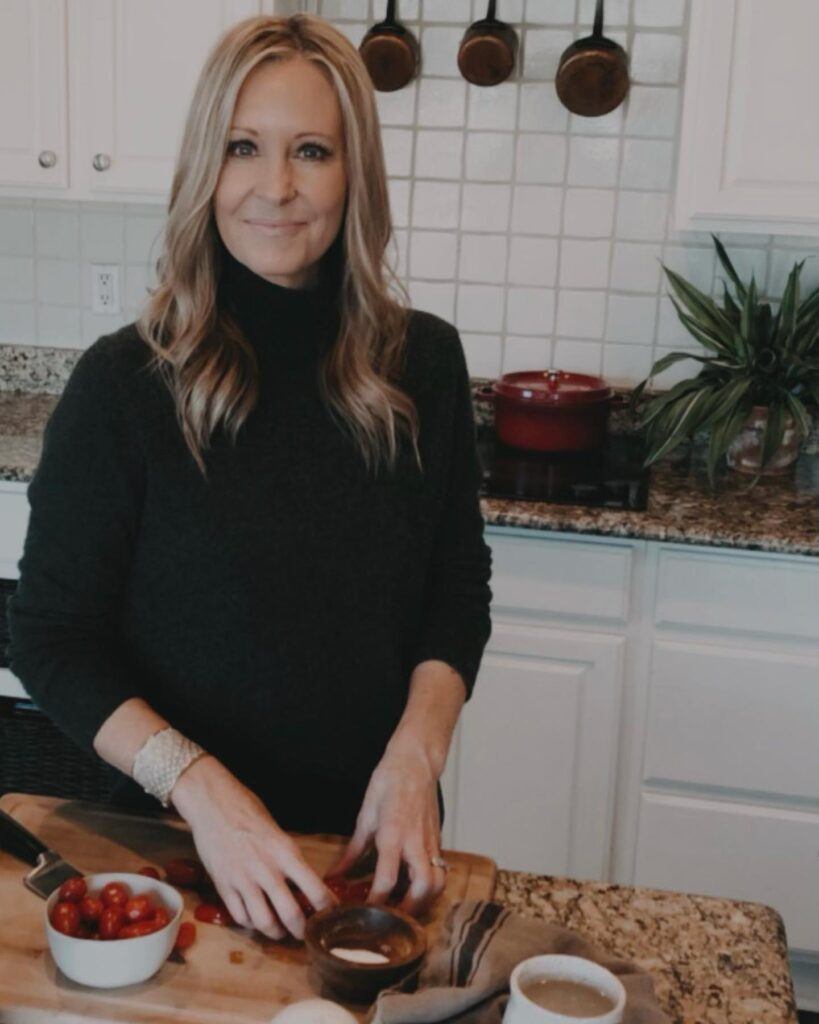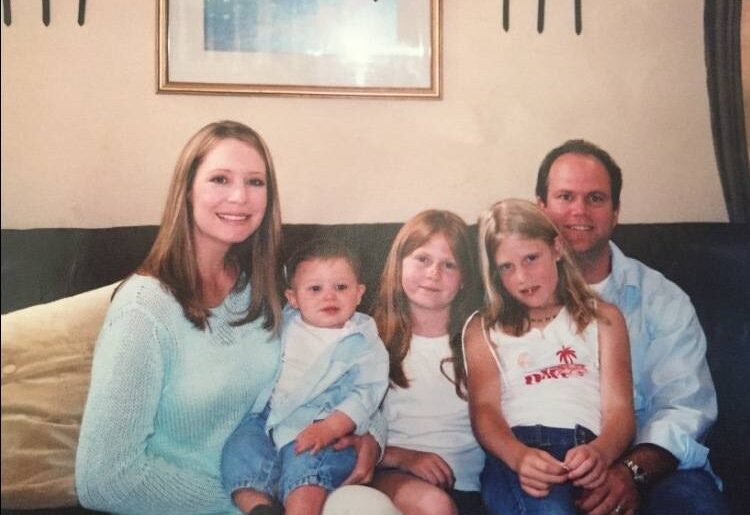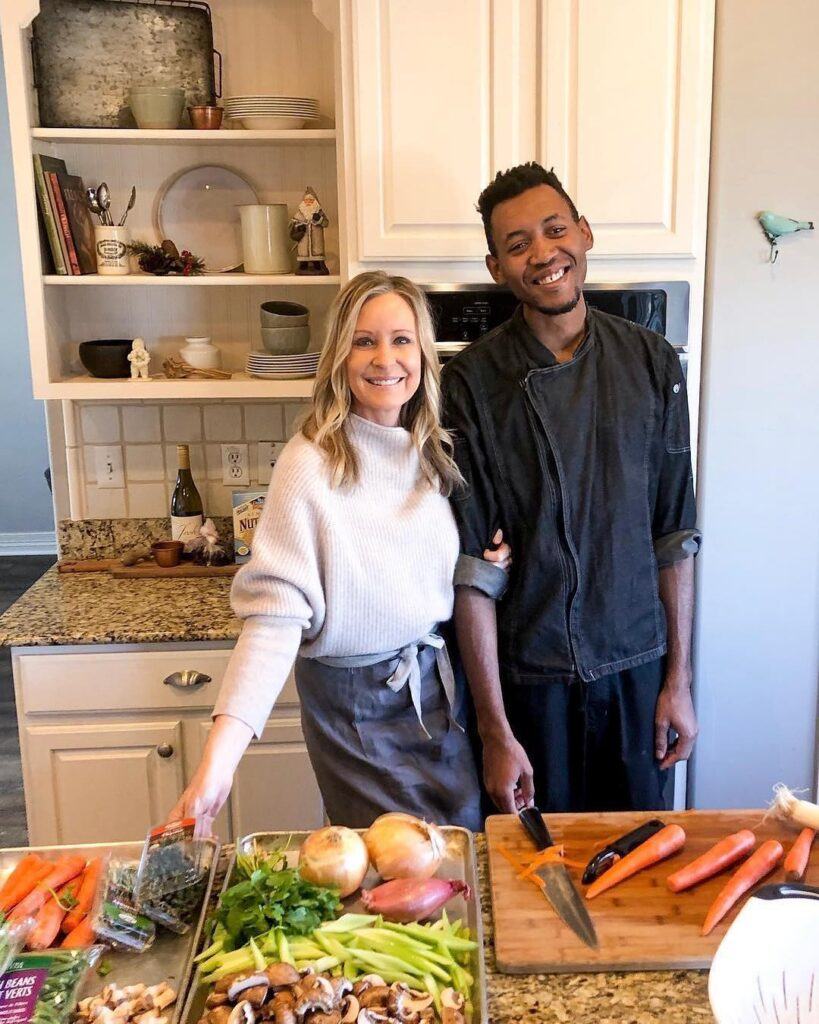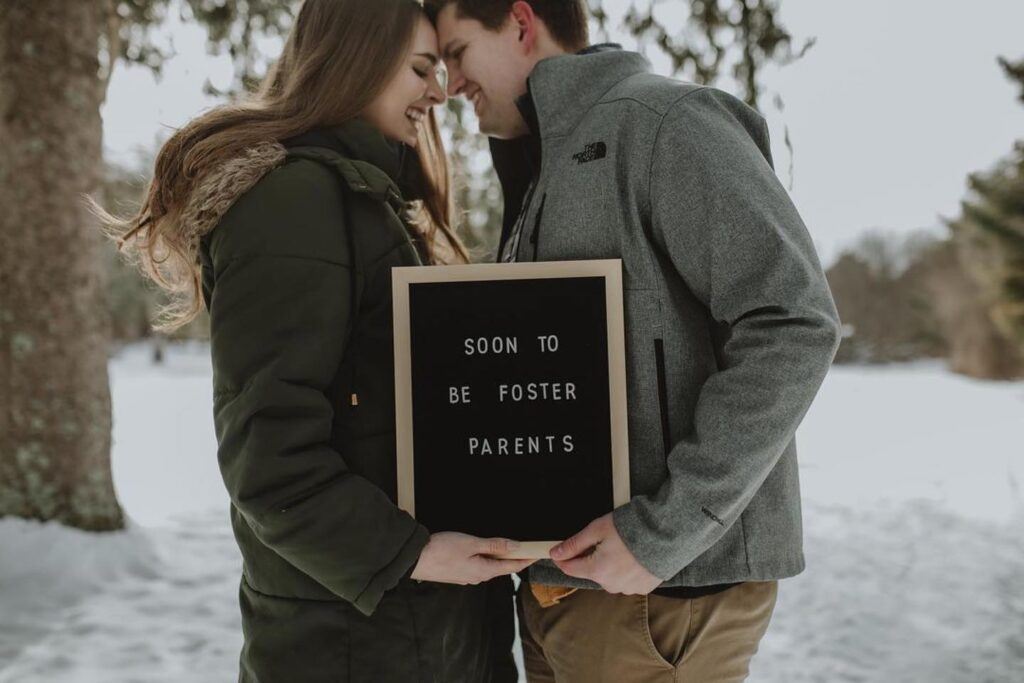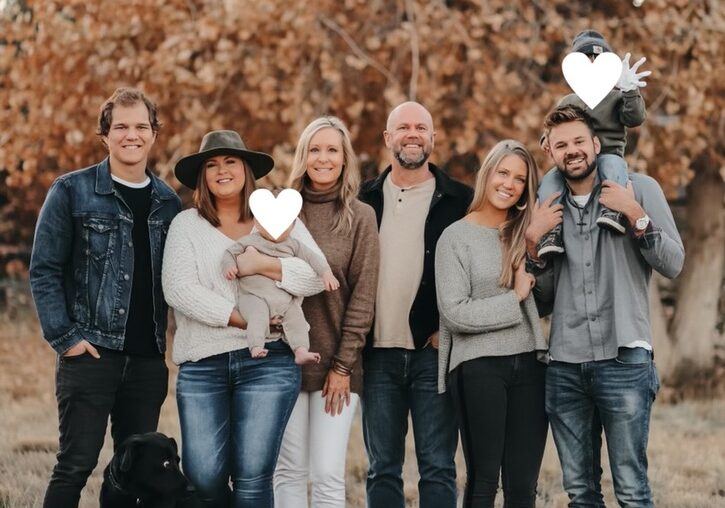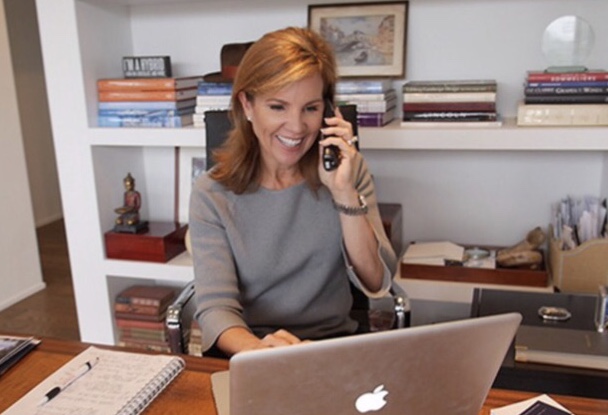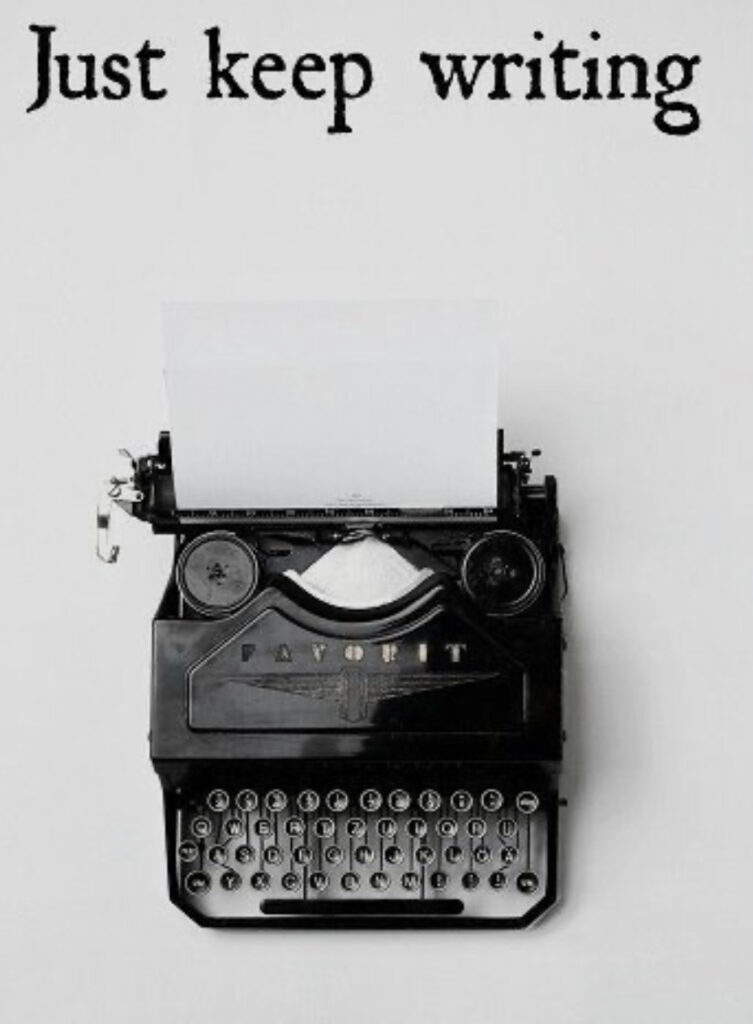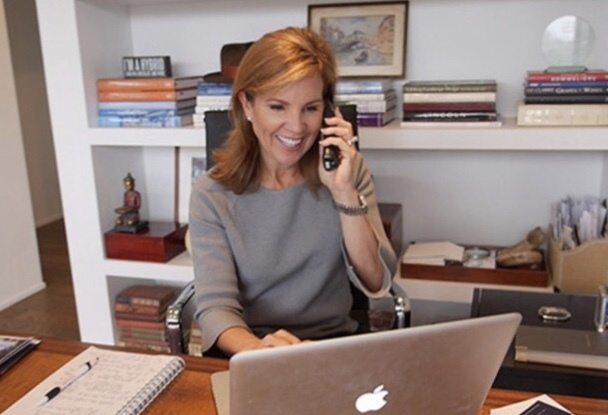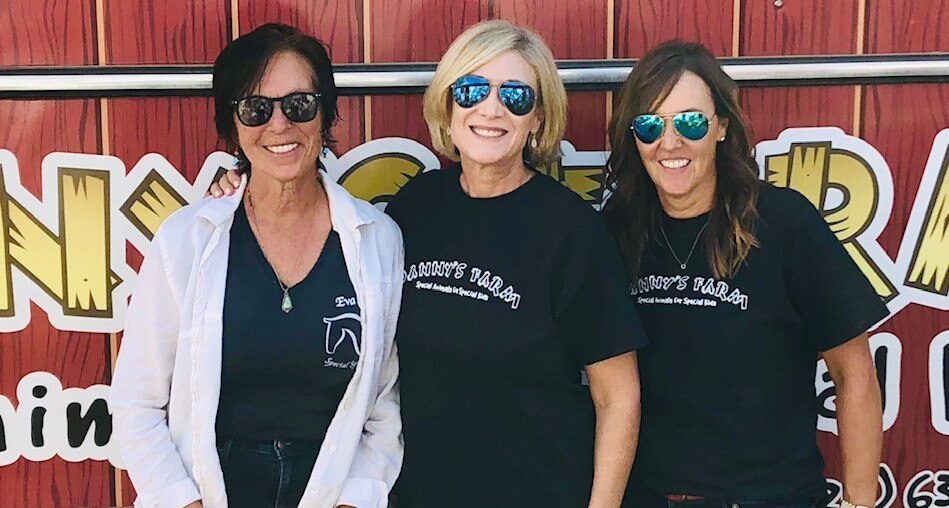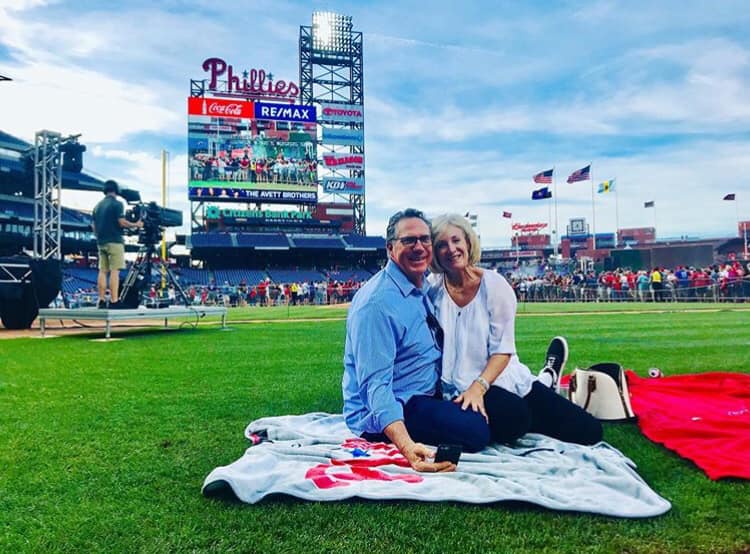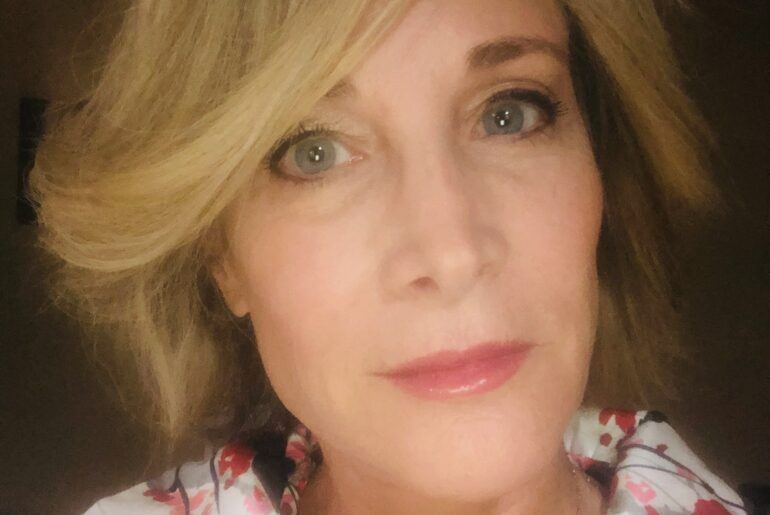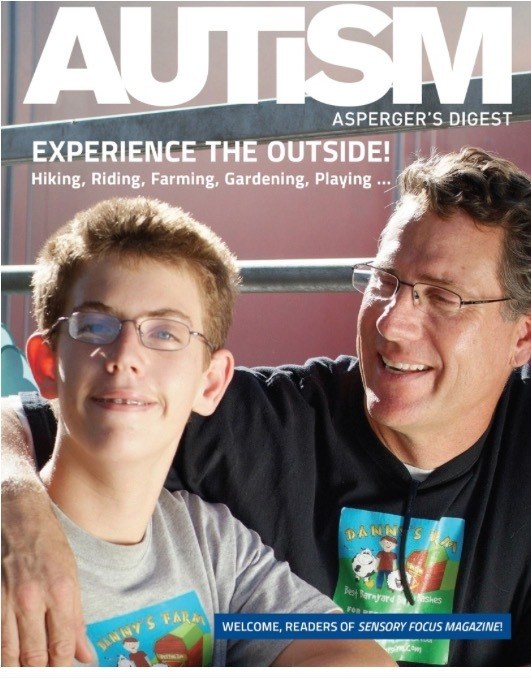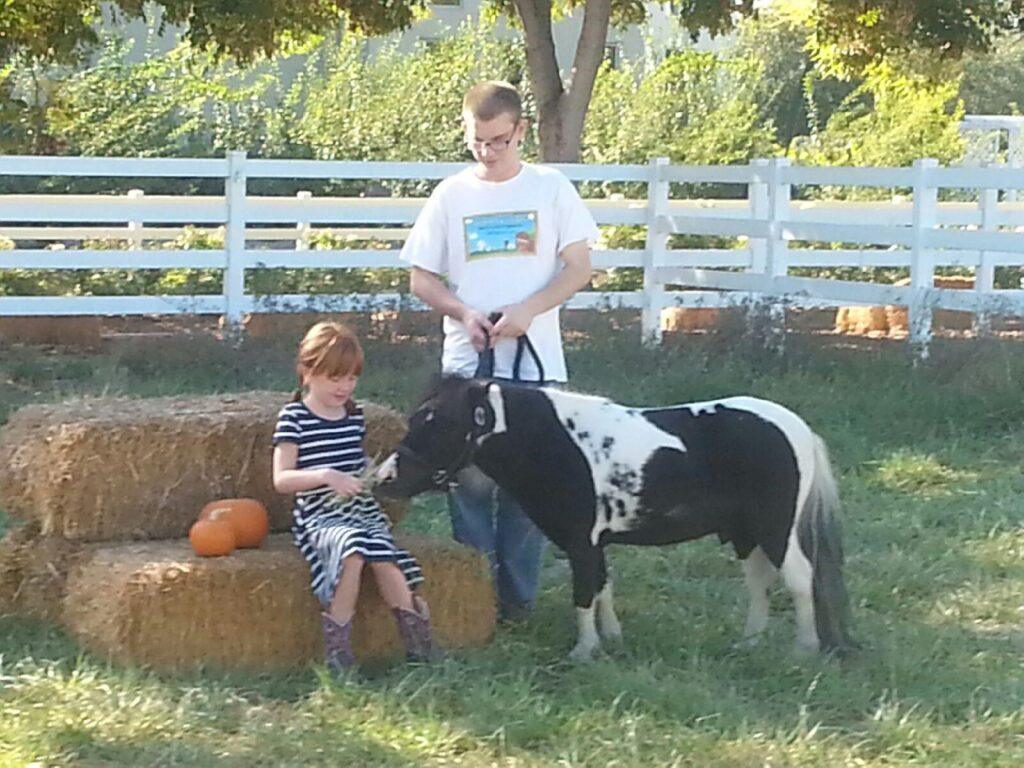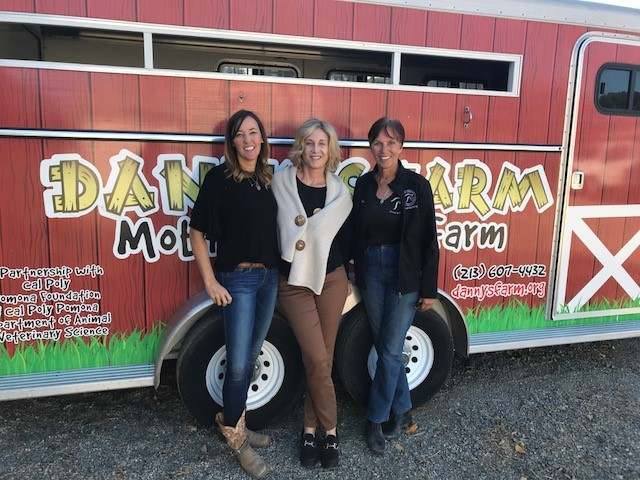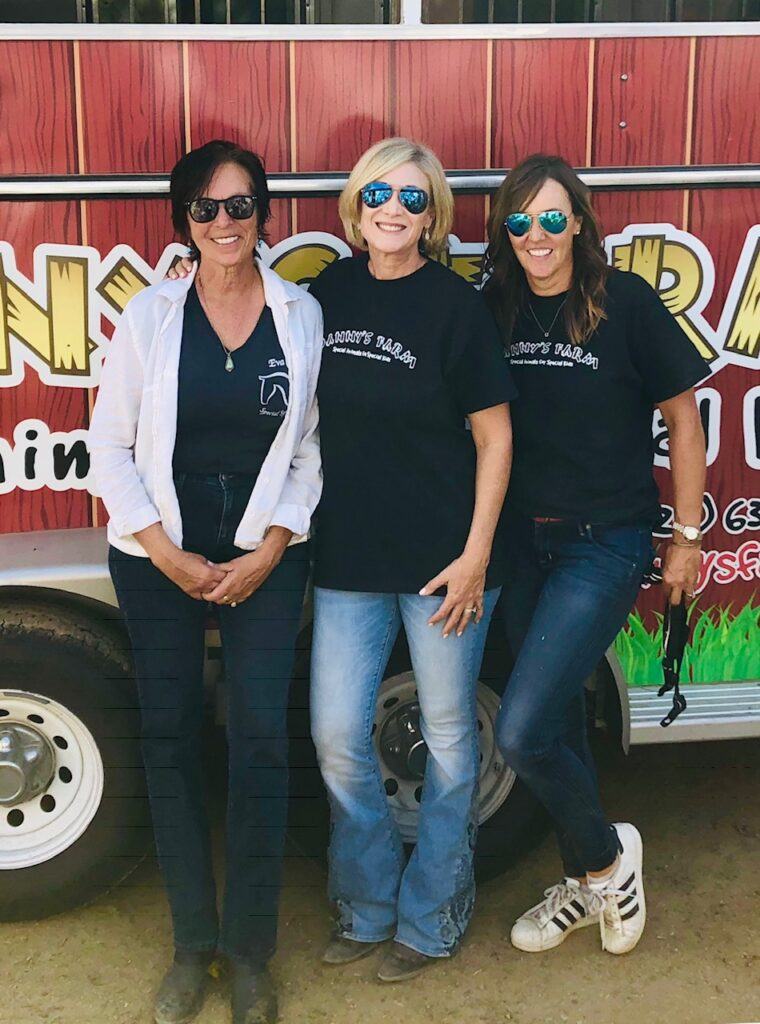At Charity Matters we love heroes, people who give and people who serve others. We have been interviewing and finding remarkable heroes long before the iconic CNN Heroes came along. Don’t get me wrong, anyone who amplifies the voices of these remarkbale humans should be applauded, so bravo CNN! When one of the people we interviewed a year and half ago became a CNN Hero, well we had to share. We are so proud of Rachel and she was always a hero to us. Here is her story in video and for everyone who wants to revisit our conversation and podcast, take a look below. The world needs to continue to highlight heroes…because charity does matter.
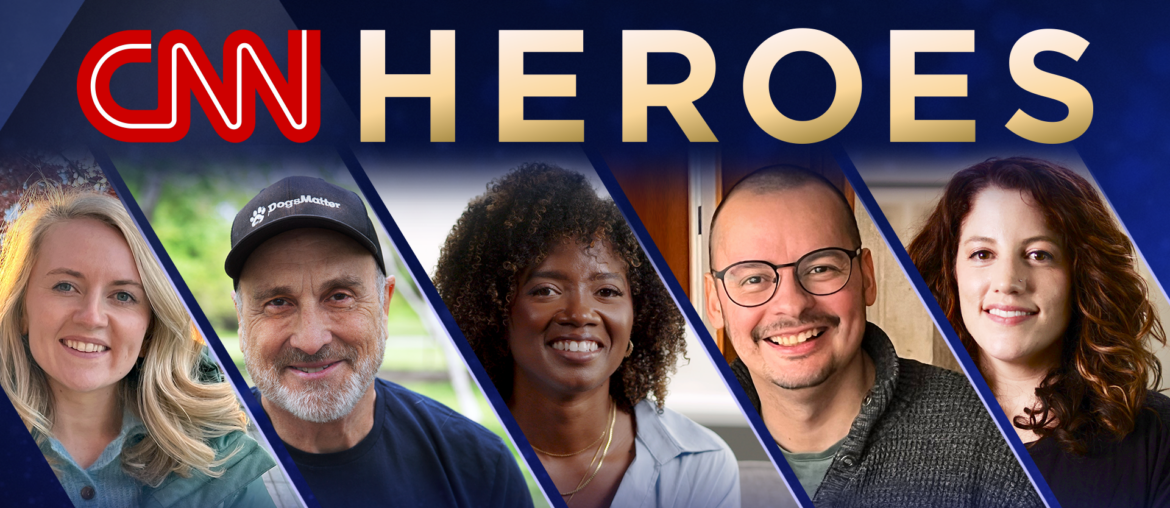
Rachel’s Story from our May 2023 conversation:
I was recently having a conversation with friends about what our grandparents and great grandparents went through coming to America. I love these conversations for a few reasons. First because we all have these stories. Secondly, because they remind us how strong and resilient our ancestors were and what they sacrificed for us. The immigrant story is the story of our country.
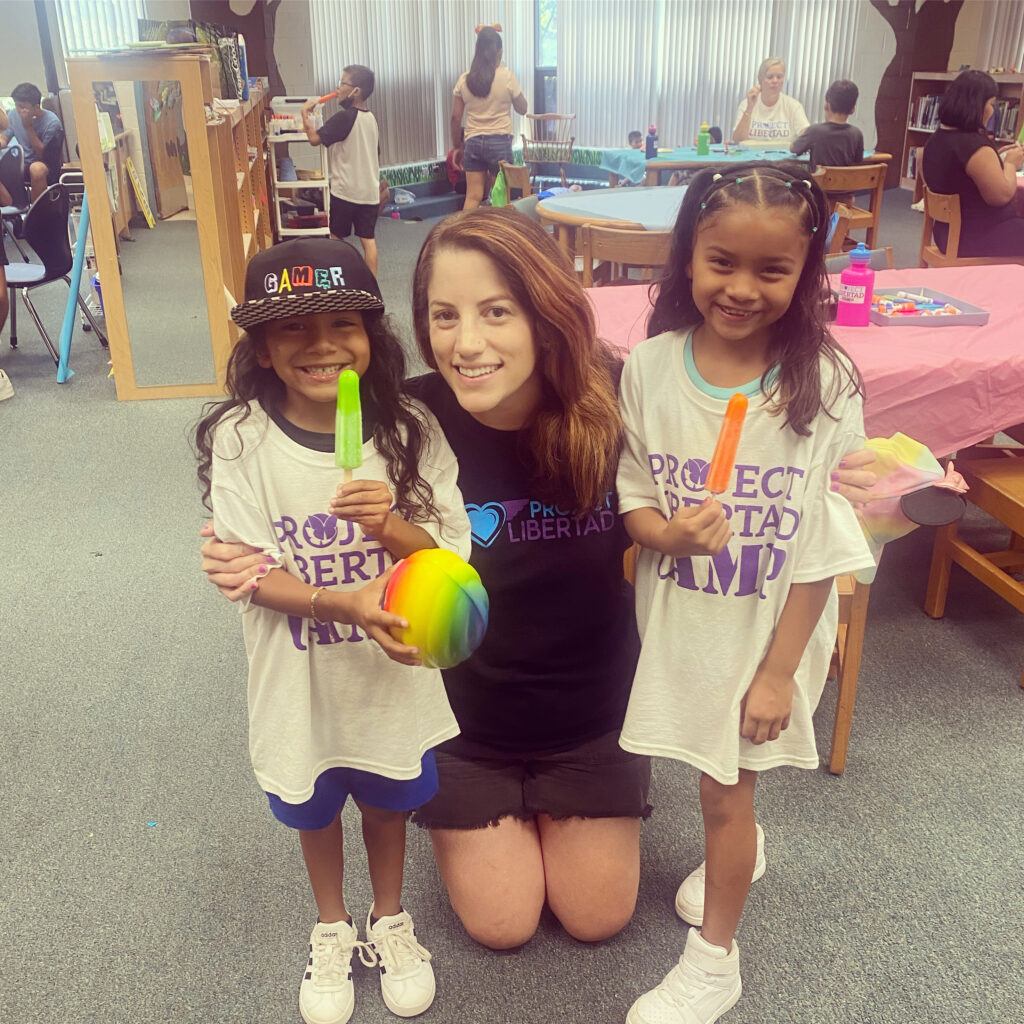
While immigration has been a hot political topic these days, regardless of your stance, there are still people coming to our country who need help. That is where today’s guest, Rachel Rutter comes in. Rachel is the founder of Project Libertad, an organization that helps immigrant youth in a multitude of ways. Join us for an inspirational conversation about some of the challenges these children are facing and how she and Project Libertad and making a difference.
Here are a few highlights from our conversation:
Charity Matters: Tell us a little about what Project Libertad does?
Rachel Rutter: We are a nonprofit organization serving newcomer immigrant youth. So we’re working with kids who have recently arrived in the US and their families. The people we primarily work with are unaccompanied minors from Central America and Mexico. In addition, we also work with a lot of families from Brazil.
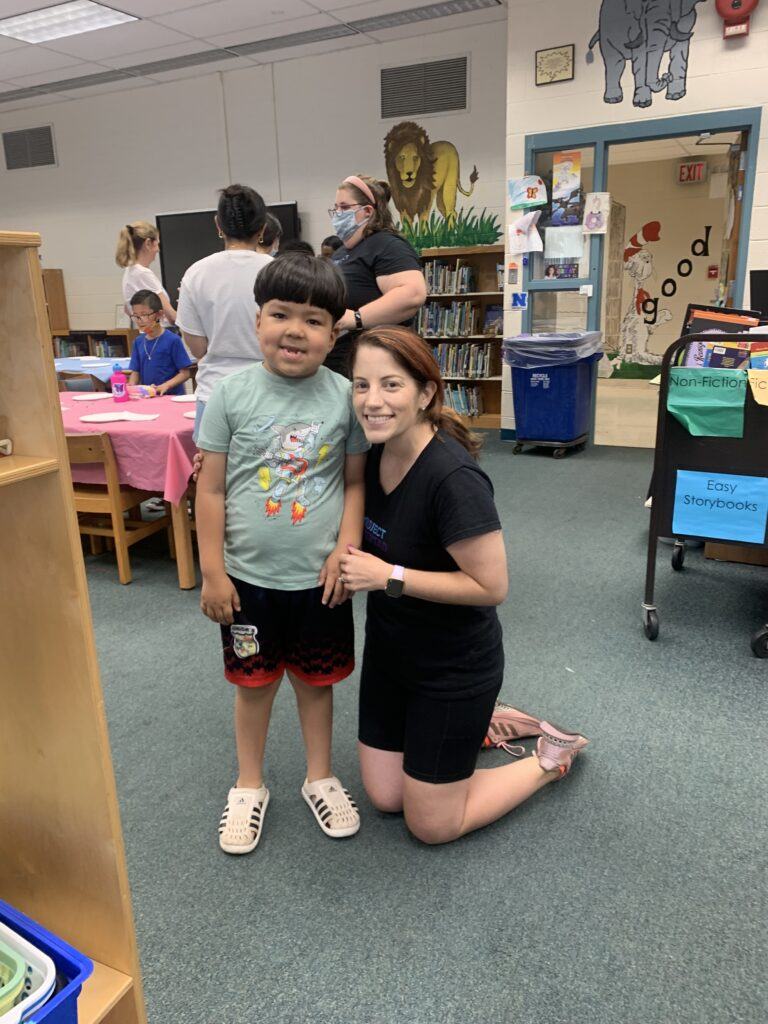
There are fewer services in the counties outside of Philadelphia, so we’re providing legal services, helping kids with their immigration process, and trying to address the other needs that they have. For example, we have kids who struggle with housing insecurity, food insecurity, mental health support, and all those sorts of things. So we’re trying to not only meet their need for immigration status and help them with that process, but also all these other challenges that they face as they’re adjusting to being here in the US.
Charity Matters: What was the moment you knew you needed to act and start Project Libertad?
Rachel Rutter: When I was in college, I had this idea that I wanted to start a nonprofit someday. I was very naive about how hard it would be. So I started all of the paperwork, and incorporating and 501 C 3 status in law school. Then at the same time, I was working with all these clients who had legal needs, needed asylum, or they needed to apply for immigration status.
Then they always have all these other needs. For example they don’t have a safe place to live, have family issues, trauma, and need food. There are any number of different issues that they have. I just wished we had a social worker that we could partner with and have like a wraparound approach. A place where we are meeting all the needs, not just this legal needs.
So the idea came to create an organization that does try to do all those different things in a one stop shop. We are doing that now, and we had just hired a case manager to connect kids to resources in the community and social services. I’m obviously doing the legal part. And we hope to continue replicating that and growing in new areas.
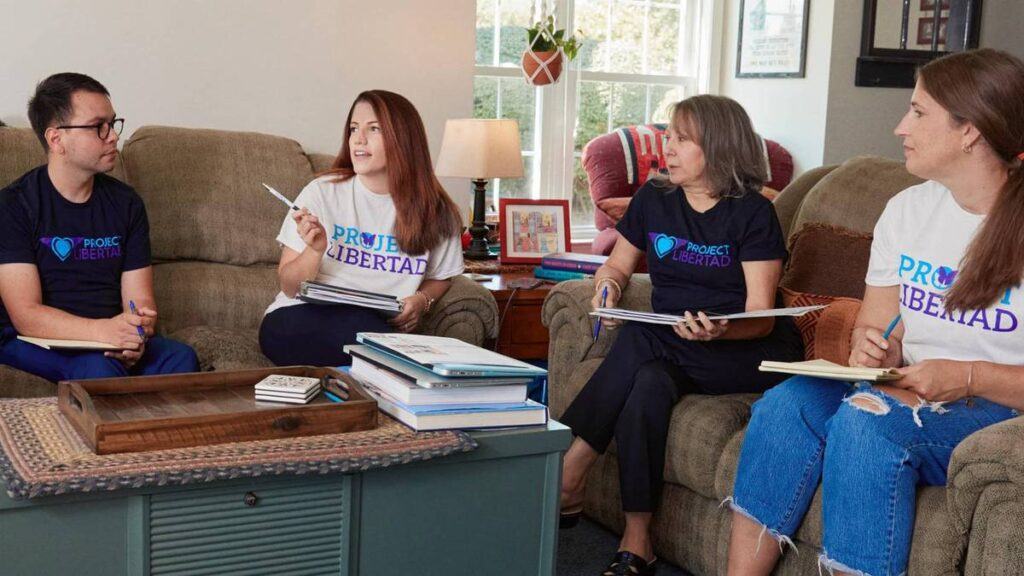
Charity Matters: What are your biggest challenges?
Rachel Rutter: One of the biggest things I remember getting really frustrated with was applying for different grants. It’s really hard to get your foot in the door as a new nonprofit. Nobody wants to take a chance on you, you’re tiny, and they want to see that you have money before they give you money. But you can’t show them that unless someone gives you money. It’s just kind of like a chicken and egg problem. So that was really frustrating.
We took classes on grant writing. I just practiced and got better over time. Eventually, we did a grant in partnership with HIAS which was the first ever grant that we got. Just being able to say that this other foundation gave us a grant went really far. Being patient, learning how to talk about your mission in a way that people want to fund it. Because it’s really important. It’s like writing a thesis in college where you have to structure it the right way so that people want to support it. That was a big learning curve for us.
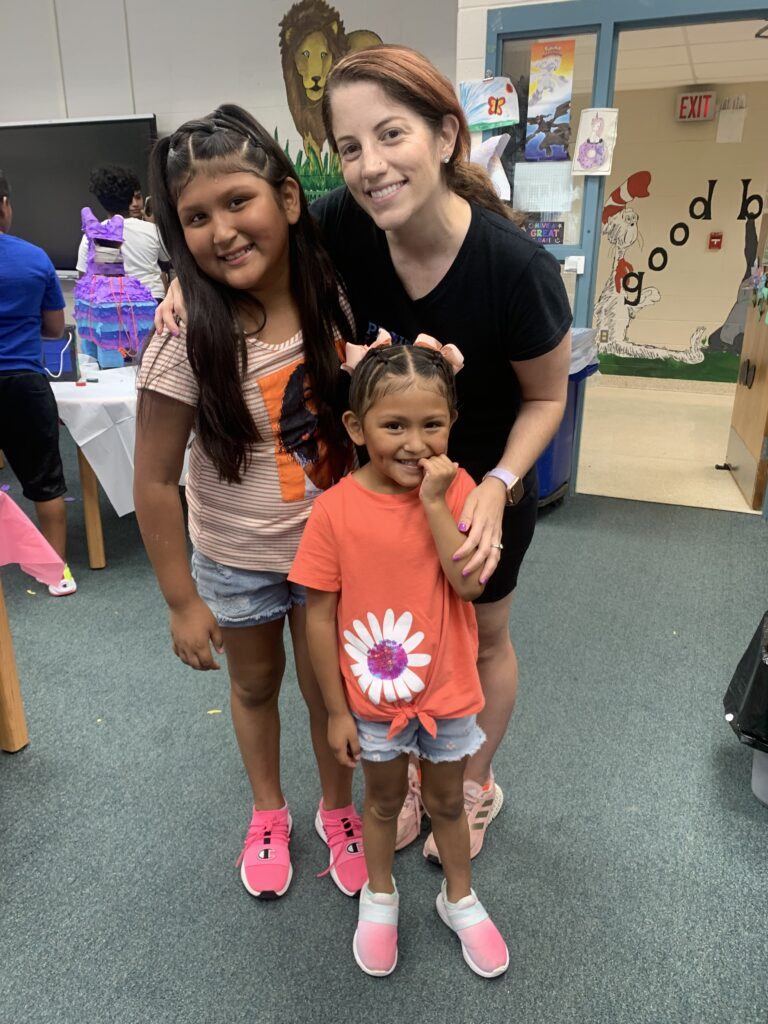
Charity Matters: What fuels you to keep doing this work?
Rachel Rutter: It can be really hard, but the most important thing for me has always been like the relationship that I have with the kids that we work with. So that’s definitely like the biggest motivator for me. I also have a very supportive family, husband, and friends who work in this industry as well.
So I feel like I have not only my team, my project like that, but also my colleagues from other organizations who are always supportive. We can always like work together to solve problems. It can definitely be challenging, but I feel like I have a good support system. Working directly with the kids is what gives me energy. Usually, that’s what I’m trying to focus on. If I need to push through, I’m thinking about the kids and that connection that we get to have with them.
Charity Matters: Tell us what success you have had and what your impact has been?
Rachel Rutter: In terms of our impact, we served over 1000 people last year. The times I think when I feel like the most impactful are when a student shares some things that were going on in her family. After hearing this we were able to provide support with that. There was food insecurity in the household and so we went grocery shopping. It doesn’t always have to be complicated. This kid said I need food and we went to the store and we got food and like that was that. My colleagues and I do stuff like that all the time.
I think those are definitely the moments for me that are the most rewarding when you can just help somebody in such a concrete immediate way. So I love that we have the ability to do that. Sometimes those kinds of moments don’t necessarily get captured in the numbers you put in a grant report.
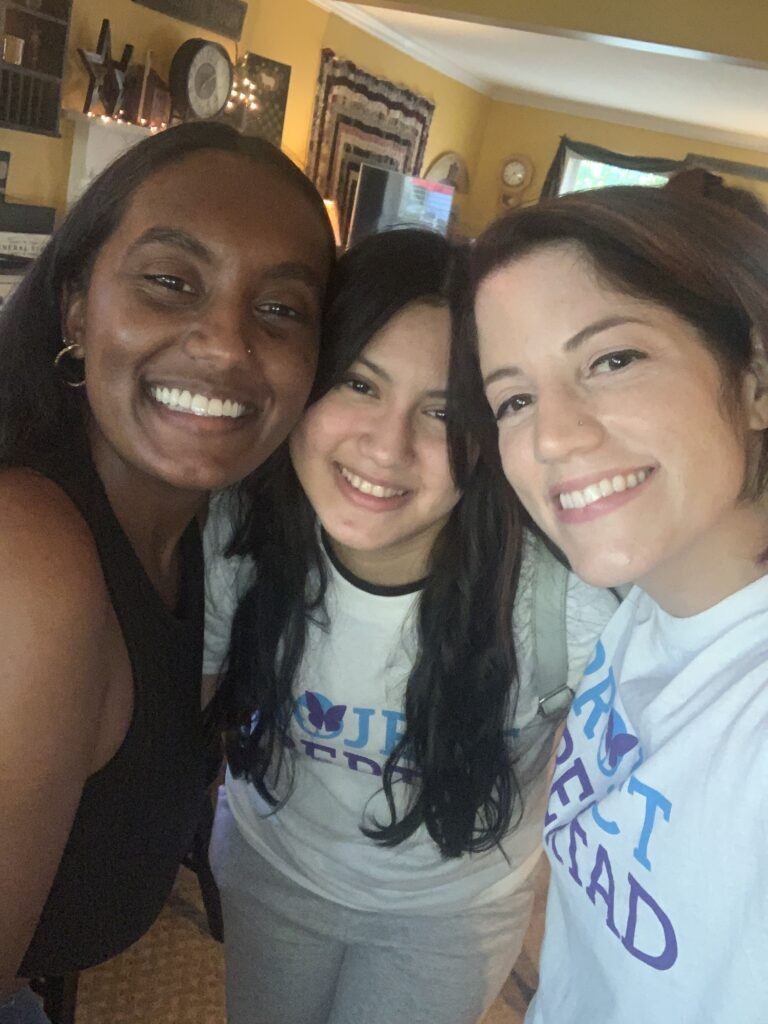
Charity Matters: If you could dream any dream for your organization, what would that be?
Rachel Rutter: I have two thoughts about that. One is to continue expanding and replicating what we’re doing now in our current locations. Having the combination of lawyers and social workers reproducing that in new counties as we grow.
Then the other thing I would love to do is to have some sort of shelter for youth who are 18 to early 20s. Something that we run into a lot is youth who have housing insecurity. They don’t either have anywhere to go because the foster care system doesn’t help them once they are 18. We run into cases like that where kids don’t have anywhere to go. There are really limited options currently for them. We would really love is to eventually have some sort of space for kids like that. So that would be another dream that I would have for the future.
Charity Matters: What life lessons have you learned from this experience?
Rachel Rutter: I think one thing is just like the importance of these relationships with the kids. So I think just the value in those long term relationships is so important, and like sustaining for me. I’ve definitely been learning to delegate more, now that we have more staff. It’s always hard for me to kind of let go of things because this is my baby.
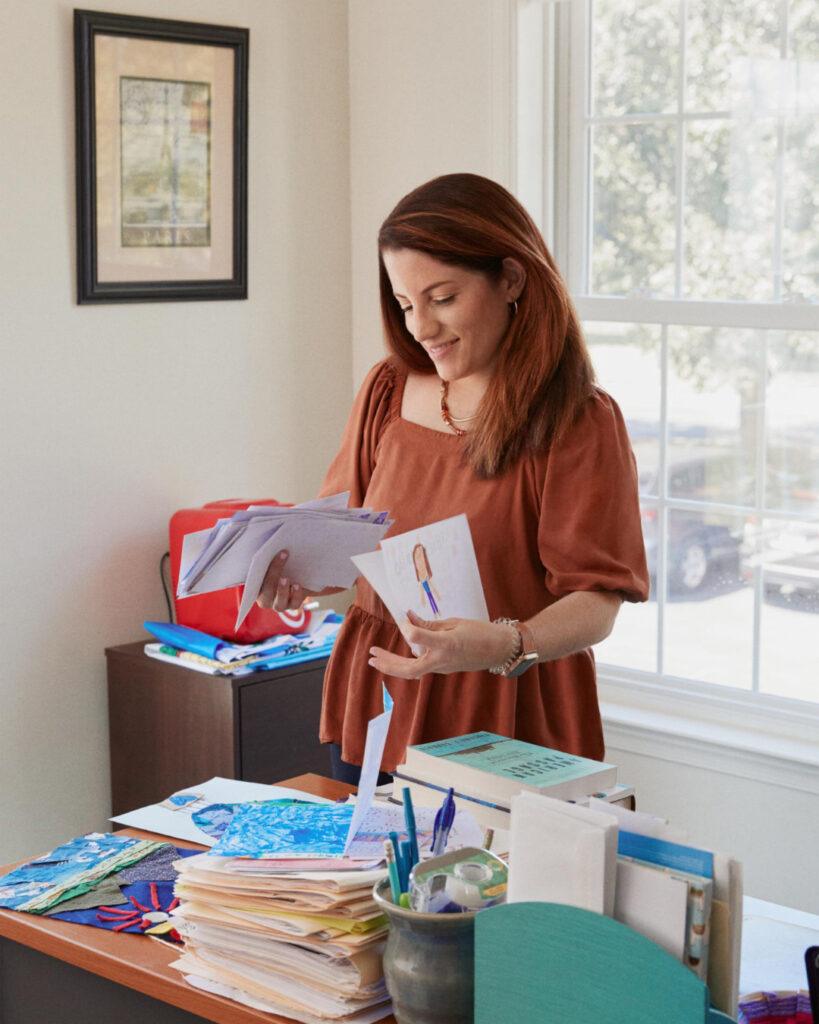
I also realize when I’m feeling burned out that having a good team that you can trust to do things so that you aren’t trying to do everything as one person is really important. I’m learning to relax a little more. A lot of things work themselves out if you wait long enough.
Charity Matters: How has this journey changed you?
Rachel Rutter: I think when I started this out, I was a little bit naive about how difficult it might be to get funds. So like I mentioned, I’ve learned a lot there. I just think I have more confidence in myself and my knowledge as an attorney. We’ve really developed our niche where we are the local experts working with this population.
I think that took me a long time to kind of see this as like a real thing and now other people see it that way too.
CHARITY MATTERS.
YOUR REFERRAL IS THE GREATEST COMPLIMENT, IF YOU ARE SO MOVED OR INSPIRED, WE WOULD LOVE YOU TO SHARE AND INSPIRE ANOTHER. If you enjoyed today’s episode, please connect with us:
- www.Charity-Matters.com
- On IG @Charitymatters
- Post a screenshot & key takeaway on your IG story and tag me @heidijohnsonoffical and @Charitymatters so we can repost you.
- Leave a positive review on Apple Podcasts
- Subscribe to new episodes each week!
Copyright © 2023 Charity Matters. This article may not be reproduced without explicit written permission; if you are not reading this in your newsreader, the site you are viewing is illegally infringing our copyright. We would be grateful if you contact us.




